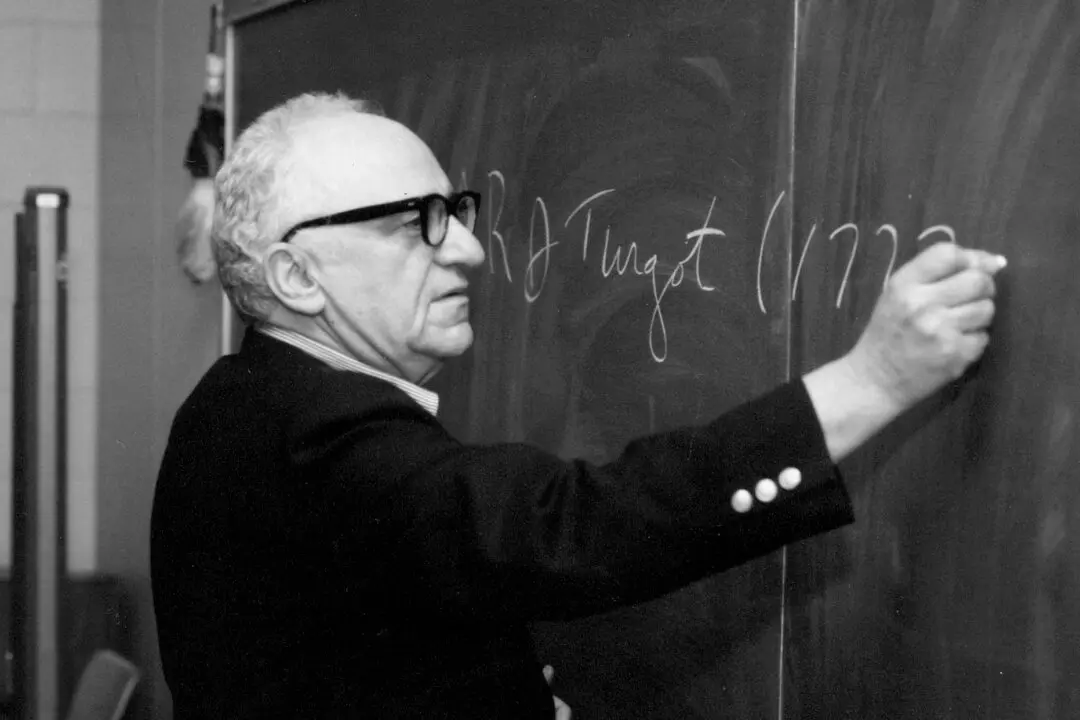Commentary
We’ve been expecting Florida Governor Ron DeSantis to announce his run for the GOP nomination for many months. It kept not happening. In these months, the peanut gallery has had a ball speculating away. We keep hearing that he “peaked too soon,” that his spat with Disney has hurt him, he is traveling too much, that he might be having fundraising issues, and so on.





